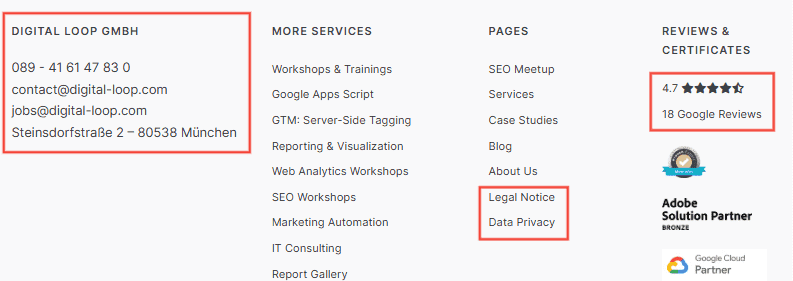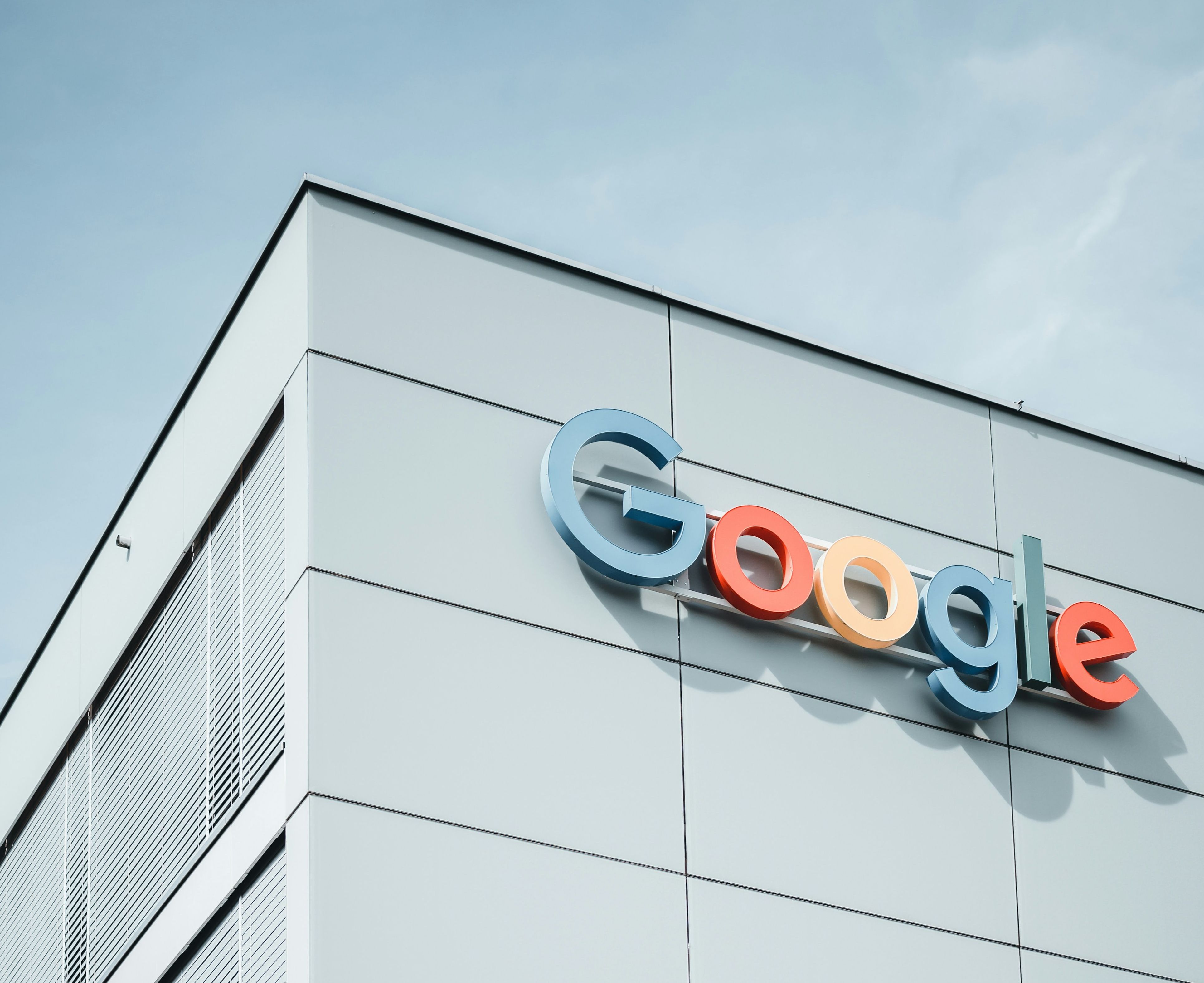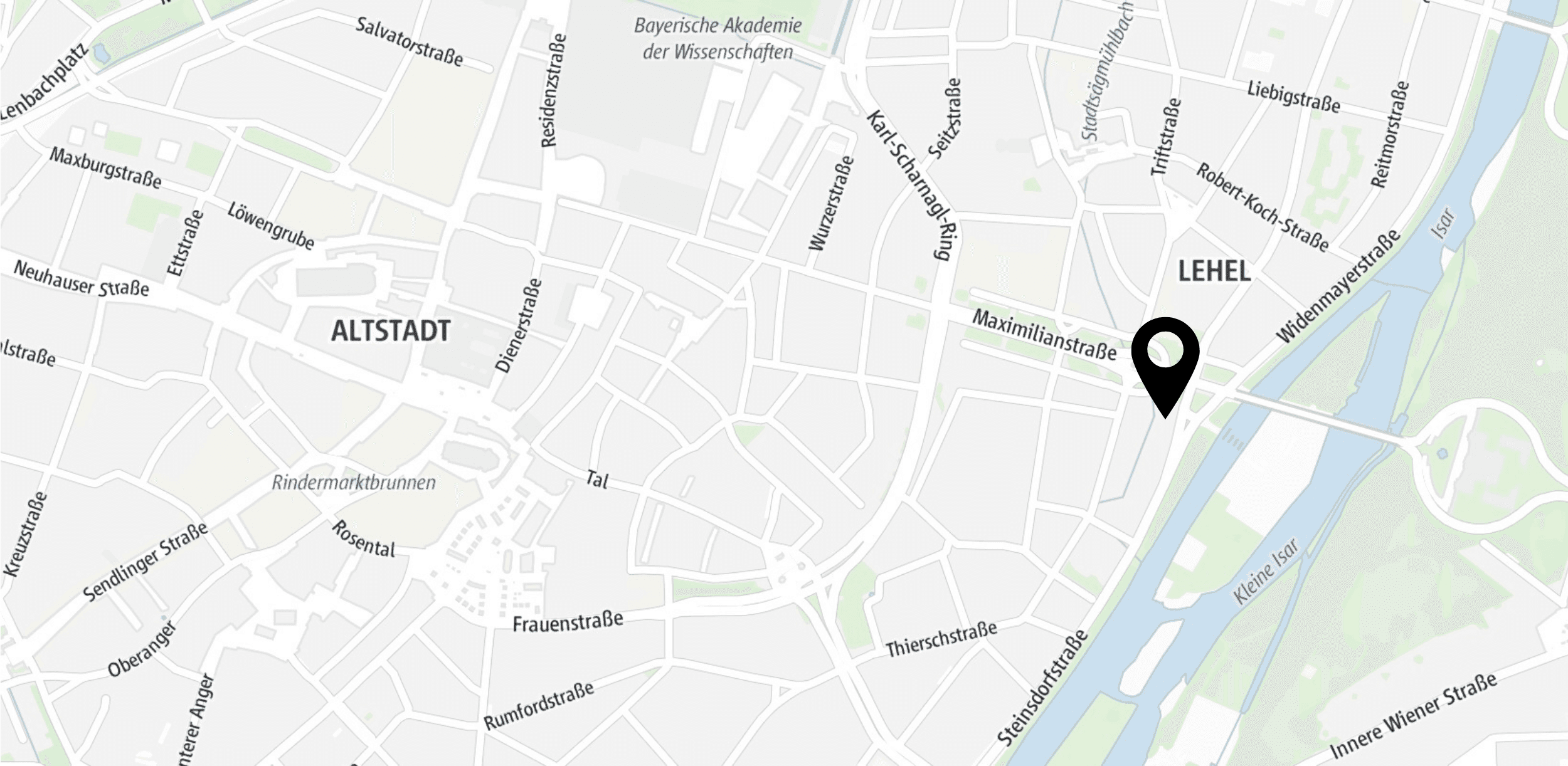Google's E-A-T concept was supplemented by another "E" in December 2022, transforming it into E-E-A-T. But what does this mean for SEO? How can businesses adapt and demonstrate E-E-A-T for their brand and content? This article explores E-E-A-T, its impact on search rankings, and actionable strategies for optimizing your website.
What is E-E-A-T and Why Does It Matter for SEO?
E-E-A-T stands for Experience, Expertise, Authoritativeness, and Trustworthiness. This is a Google concept that was first introduced in August 2018 as part of an algorithm update. Content with higher expertise, authority and trust was now preferred in the search engine results pages (SERPs) - E-A-T was born.
At the end of 2022, the missing "E" was finally added for "Experience" to emphasize first-hand knowledge and real-world insights.
These four factors help Google determine which content is credible, informative, and reliable. E-E-A-T is especially critical for YMYL (Your Money, Your Life) industries - such as finance, healthcare, and law - but also benefits businesses across various sectors by improving search visibility and user trust.
Additionally, Google's 2023 and 2024 Core Updates reinforced E-E-A-T as a fundamental ranking factor, emphasizing high-quality, trustworthy content.
Breaking Down E-E-A-T Criteria
1. Experience: The New "E" in E-E-A-T
Google prioritizes content created by individuals with first-hand experience. This applies to product reviews, service testimonials, and industry expertise. Search engines now assess whether content creators have directly interacted with the subject matter they are discussing. This shift discourages generic, regurgitated information and promotes real-world insights from people with hands-on knowledge.
For businesses, demonstrating experience means showcasing authentic engagement with the topics covered. For example, a travel blog should feature articles written by individuals who have actually visited the destinations discussed. Similarly, an e-commerce website can enhance credibility by including detailed product reviews from verified buyers who have used the products.
Here’s how businesses can showcase experience:
- Feature author bios with credentials and real-world expertise.
- Include case studies or personal anecdotes demonstrating hands-on experience.
- Use customer reviews and testimonials to validate credibility.
- Add original images, videos, and data rather than stock content.
2. Expertise: How Google Recognizes Knowledgeable Content
Google’s Quality Raters evaluate whether a page demonstrates expertise based on the creator’s qualifications and credibility. This is especially crucial for YMYL websites, where misinformation can impact users’ well-being. But even if your website deals with less serious topics, you should make an effort to show how and why you are an expert in your field.
To boost expertise:
- Ensure authors have verified credentials (LinkedIn profiles, research papers, certifications).
- Implement structured data (schema markup) for authorship recognition.
- Regularly update content to reflect new industry insights.

While the term "expertise" refers to typical things like academic degrees etc. that come to mind, it also refers to practical and everyday specialized knowledge.
Ultimately, quality raters can tell the difference between actual experts and non-experts directly from the references.
3. Authoritativeness: Building a Strong Online Presence
While expertise is about proving yourself as an expert in your field, the criterion of authoritativeness largely depends on whether others recognize you as an expert.
Authoritativeness is determined by how others perceive your brand or website. Google assesses this by analyzing backlinks, mentions, and citations from reputable sources.
How to build authority:
- Earn high-quality backlinks from respected industry websites.
- Get mentions in press releases, podcasts, or guest posts.
- Engage in collaborations with recognized experts.
4. Trustworthiness: The Most Important Ranking Factor
Trust is the foundation of E-E-A-T. Google ranks websites higher when they consistently provide accurate, transparent, and secure information.
To establish trustworthiness:
- Use HTTPS encryption to protect user data.
- Display clear contact information and business credentials.
- Maintain transparent policies (privacy, refund, editorial guidelines).
- Highlight positive customer reviews and case studies.

E-E-A-T in the Age of AI and Content Authenticity
With AI-generated content becoming widespread, Google emphasizes human oversight to ensure content aligns with E-E-A-T principles. While AI can assist with content creation, human verification is necessary for accuracy, reliability, and uniqueness. AI-generated content should never be published without fact-checking by industry professionals, as misinformation can negatively impact credibility and rankings.
Google’s Search Generative Experience (SGE) is reshaping how search results are displayed, prioritizing content that exhibits first-hand experience and expertise. This means that businesses relying on AI for content production must ensure that their material is enriched with human insights, unique perspectives, and verifiable sources.
In recent updates, Google has emphasized that AI-generated content lacking originality, depth, or factual accuracy will struggle to rank. Therefore, while AI tools can assist in research and content structuring, businesses should integrate human expertise to ensure high-quality, experience-driven, and credible information. The key takeaway is that E-E-A-T remains crucial in determining content quality, and AI should be used as a supplement rather than a replacement for expert knowledge.
Practical E-E-A-T Optimization Strategies for 2025
Want to ensure your website meets Google's E-E-A-T standards? Here’s a quick action plan:
- Enhance Author Credibility – Add detailed author bios with links to credentials.
- Update Content Regularly – Keep information fresh, relevant, and factual.
- Leverage User-Generated Content – Encourage customer reviews and testimonials.
- Earn Quality Backlinks – Collaborate with authoritative sites in your niche.
- Optimize for Technical SEO – Implement SSL, schema markup, and fast-loading pages.
Strengthen Your SEO with E-E-A-T
E-E-A-T is more than just a guideline - it’s a cornerstone of modern SEO. By prioritizing experience, expertise, authoritativeness, and trust, websites can improve their search rankings, attract organic traffic, and build long-term credibility.
Act Now to Improve Your Ranking!
Want to ensure your website is fully optimized for E-E-A-T? Visit our services page to discover how we can help enhance your online presence and boost your search visibility.









